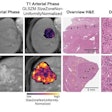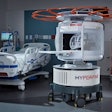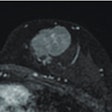Having an MRI scan after a back injury may result in prolonged disability, rather than a speedy recovery, according to a study published in the August 15 issue of Spine.
A study of 1,226 workers by researchers at the University of Washington found that 78% of injured workers were classified as having mild to major sprains, while 22% had an injury involving the spinal nerve roots.
Lead study author Janessa Graves, PhD, and colleagues compared the final outcomes of lower back injury for workers who did or did not receive early MRI, which was defined as imaging within six weeks of injury. Approximately 19% of workers underwent MRI within this time frame (Spine, August 15, 2012, Vol. 37:18, pp. 1617-1627).
There were some differences between groups, including higher initial pain scores and lower functional scores for those who received early MRI. After adjusting for these factors, patient outcomes one year after injury did not significantly differ between the workers who had early MRI scans and those who did not. The trend was evident whether they had sprains or spinal nerve damage.
Previous studies have suggested that using MRI in the early evaluation of low back pain leads to increased use of healthcare services and increased costs, without improving patient outcomes.
This new study supports that finding in a large sample of workers' compensation patients with back injury. The results show no evidence of improved outcomes for workers with this occupational injury, and suggest that early MRI scans may even lead to increased disability, according to the authors.



.fFmgij6Hin.png?auto=compress%2Cformat&fit=crop&h=100&q=70&w=100)

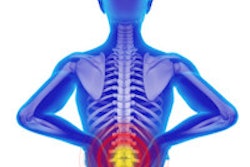
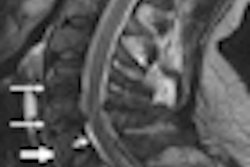

.fFmgij6Hin.png?auto=compress%2Cformat&fit=crop&h=167&q=70&w=250)


